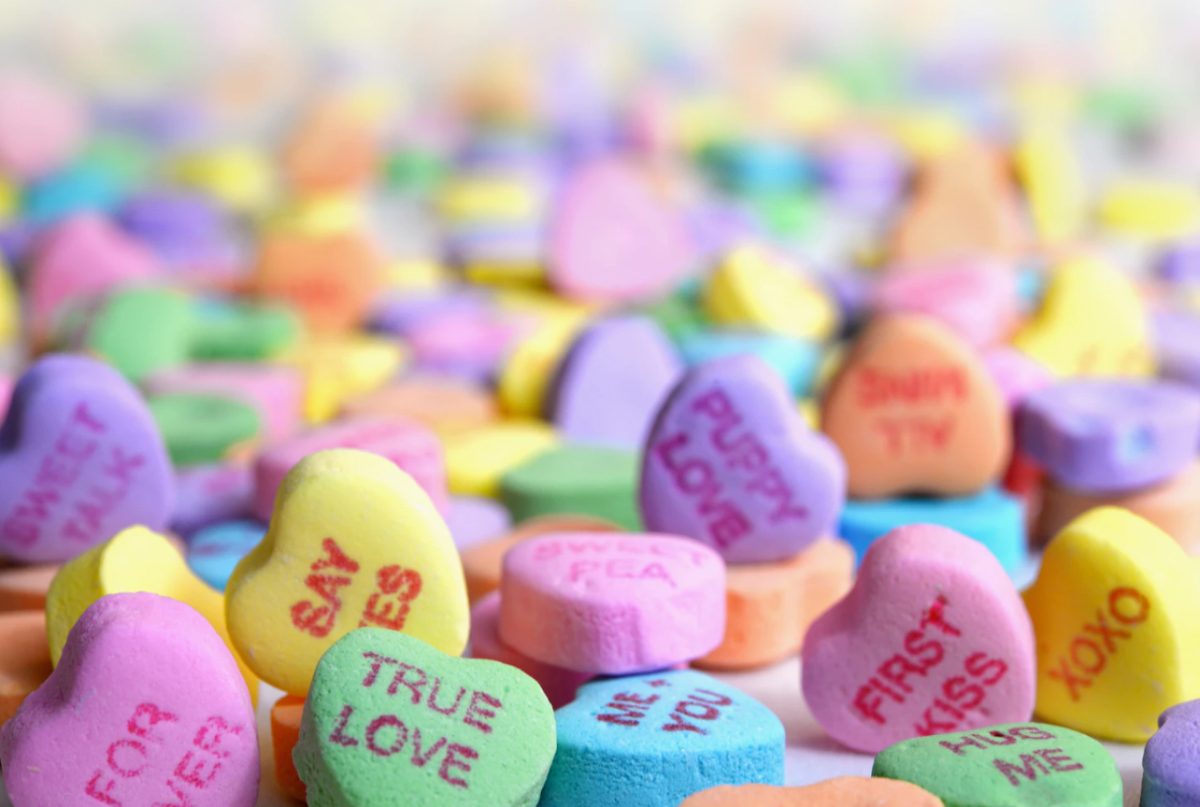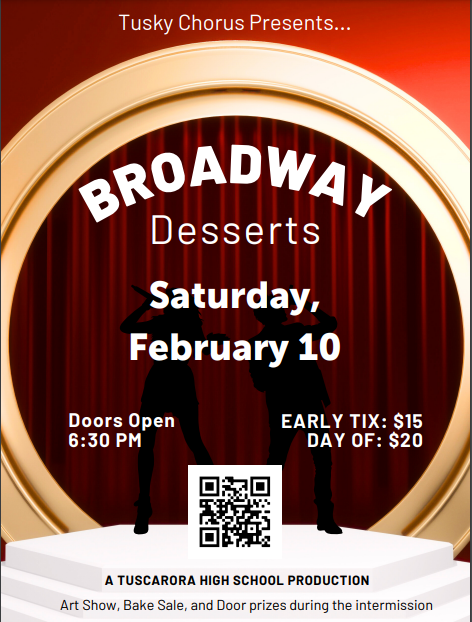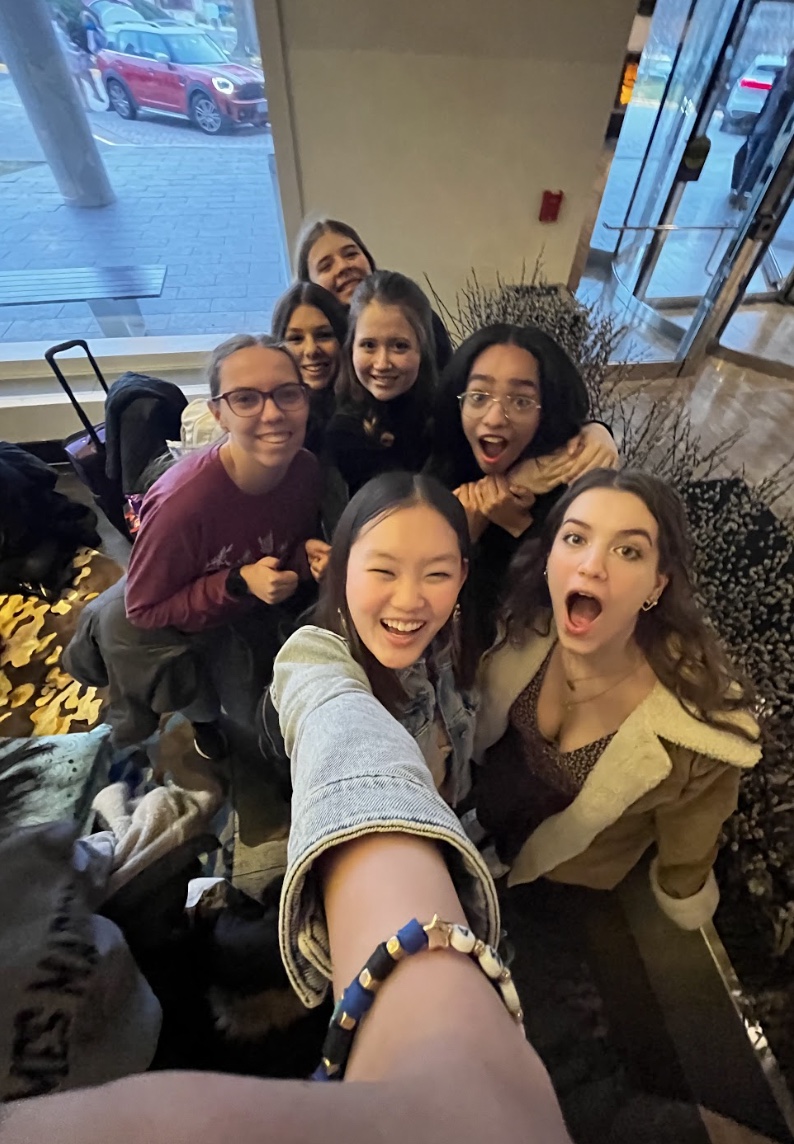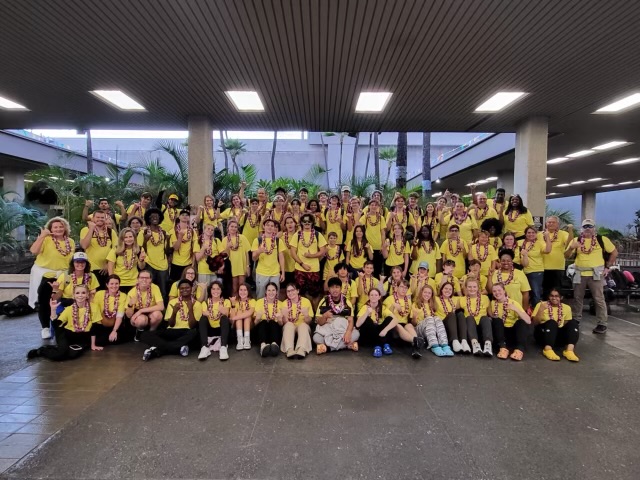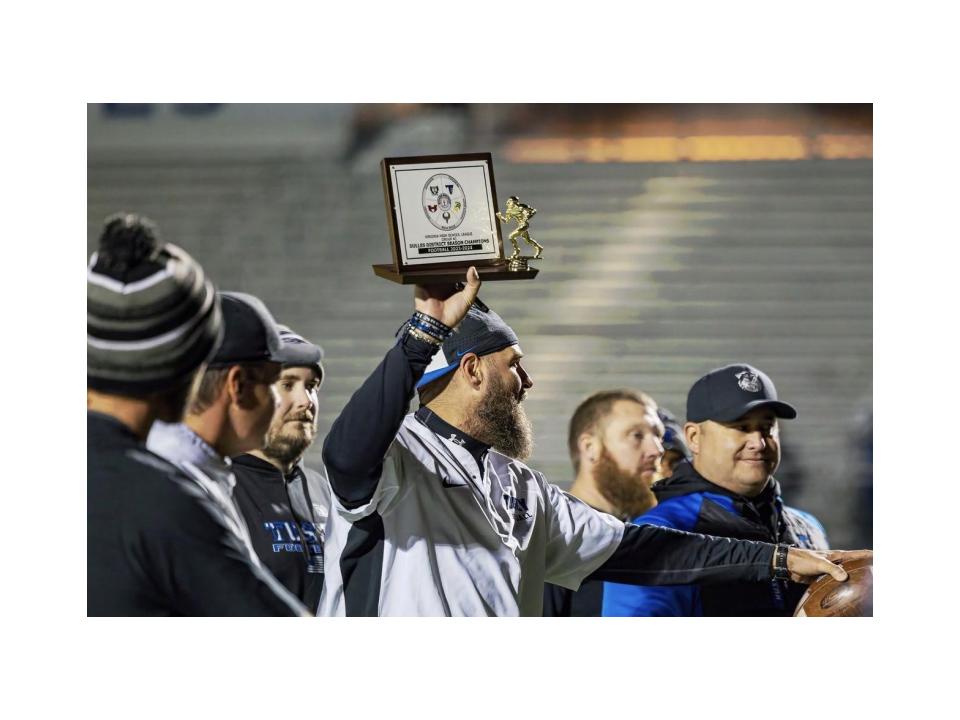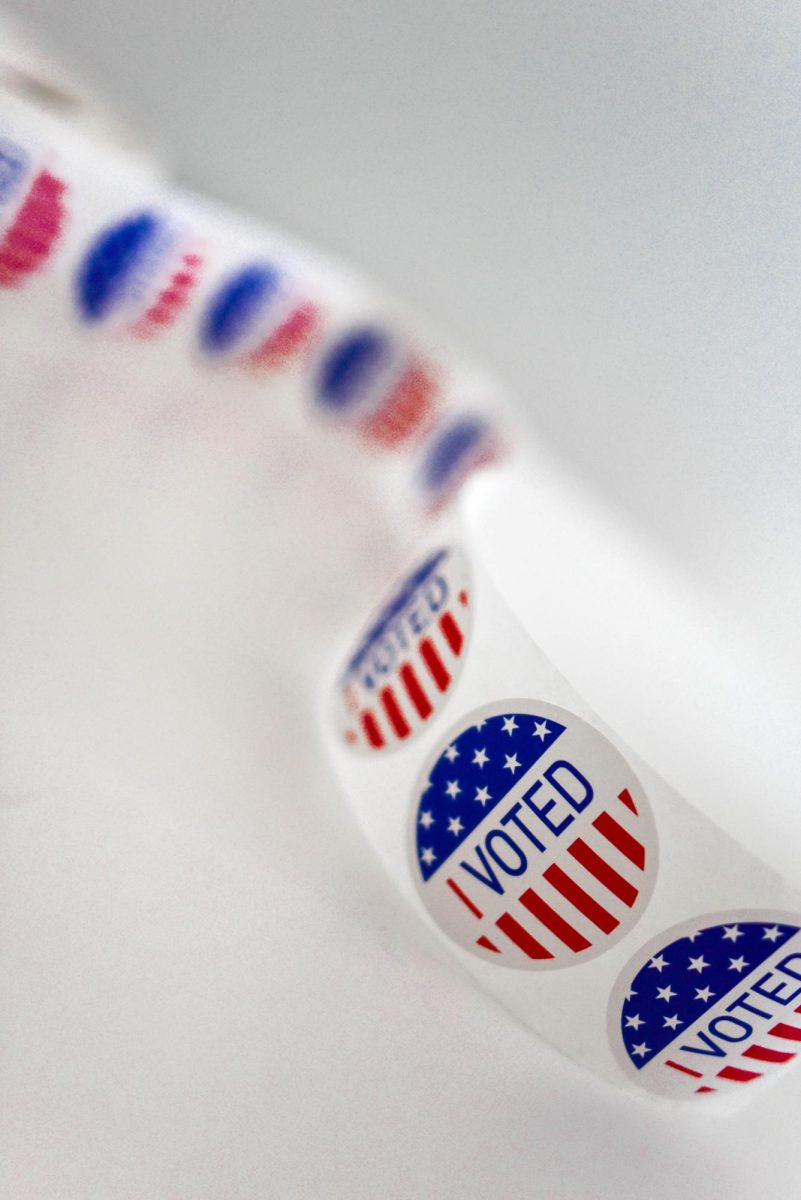By: Meilan Solly
LEESBURG, VA- Take an empty classroom at Tuscarora, or any other high school in America. Fill it with students: some Hispanic, some Asian, some Indian or African American, and a majority Caucasian. The end result is a perfectly commonplace, yet somehow still complex combination that can sometimes lead to conflict. As Melina Minhas, freshman, puts it, “Anywhere you find people, you’ll find racism.”
So, here’s an essential question: what IS racism? According to Sam Brazer, freshman, “When someone is racist, they mean what they say.” Freshman Dora Ramos’ thoughts are that racism happens when people make fun of someone based on their skin color. Brielle Davis, a junior at Loudoun County High School, adds that racism can happen when someone is treated “differently, in any way, good or bad, because of their race.” The Merriam-Webster official definition of racism is “a belief that race is the primary determinant of human traits and capacities and that racial differences produce an inherent superiority of a particular race.”
It’s not easy to pinpoint the exact spot where racism originates, but hate, beliefs instilled at an early age by parents or other authority figures, or people simply disliking each other for no apparent reason are good places to begin. Minhas says, “[Racism] usually starts in a conflict of some sort, and someone just throws in a racist comment to put the other person down.” Brazer thinks racism begins with hate. “When one person hates someone else, they make things up about that person or warp things that they do or say,” he elaborates.
Some students believe that at Tuscarora, racism is “pretty much everywhere. [It’s] in classes, the halls, lunch [room], and even the sports field,” Sam Brazer explains. This
situation, however, is not unique to Tuscarora. Brielle Davis says she sees racism “everywhere” at Loudoun County High School. Racism is represented with jokes, snide comments, or maybe even violence. It affects many students, regardless of their race. Dora Ramos says it affects her because she has to witness it. Davis has people telling her she “’act[s] white’ all the time,” and Brazer says it affects his personality because of what he says. “I will make comments about my own race and some might see that as racism, but I only do it to [joke] around,” he clarifies.
Mrs. Davis, a Geometry and Algebra II teacher, says that she’s not aware of any instances of racism in her classroom, and Mr. Bednarski, a Pre-AP and AP World History teacher, agrees that it’s not a big problem in his classroom. “Occasionally comments are made,” he says. There is also stereotyping walking “pretty close to being racially insensitive,” but “anything which has caused disruption or interference? No.” As for how racism is handled in his classroom, Mr. Bednarski says he will “try to discuss [the incident] directly at the time and after class individually.” Mrs. Davis handles racism by not even allowing it to begin. Students basically offer the same consensus about teachers’ reactions to racism. “Teachers will usually scold the kid and make them feel bad or embarrassed,” Brazer says. Melina Minhas, however, thinks that “teachers are more laid back about it because they hear it every day, so it’s pretty normal.” One gray area of racism is jokes. Teenagers make jokes about different races all the time. Accent imitations are also popular. However, Ramos, Brazer, Davis, and Minhas all agree that sometimes the perpetrators of these jokes, “are just trying to attract attention from everybody,” says Minhas, rather than trying to be hurtful. Brazer says he makes a lot of jokes about
his own race, but he doesn’t actually mean any of them. However, he does add that “this contributes to racism because the people who believe the comments made while joking around then repeat what others say” but they aren’t joking. Brazer also says, “Adults will stop people who are being racist, but kids will laugh because they are afraid of being made fun of too.”
As Davis puts it, “[Students who make racist jokes] should know that what they say may not be hurtful to them, but it can be for another person. It contributes to real racism because it’s judging people by the color of their skin.” Racism has a long, checkered history. Martin Luther King Jr., Plessy v. Ferguson, and Brown v. Board of Education are all names associated with the fight against racism. Every day more changes are being made to the way racism is born, handled, and destroyed. When Mrs. Davis was in high school, racism was much more accepted. It was “just the way things were.” She lived in an area which was much less diverse than Loudoun County, so there was “less tolerance of different races.” Mr. Bednarski thinks racism today is very different from the racism of his high school years. “[There’s] increased tolerance and acceptance of diversity,” he says. Mr. Bednarski acknowledges that there are still racist people, but he thinks people “as a whole”
tolerance has “increased across the board.” Now that the effects of racism have been observed, it’s time to look at ways to overcome racism once and for all. In schools specifically, Brielle Davis thinks a good way to help control racism would be to “make it a point to punish kids who make racist jokes.” Minhas agrees, saying, “I would definitely have teachers give the students punishments for racist jokes right on the spot, because the more you wait to give the punishment, the more the student will think that racism is not that big of a deal.” Sam Brazer’s change would be to educate students about the effects of racism. As for racism’s decline in not only schools, but all other aspects of life, it seems there is a glimmer of hope. It’s easy to see that racism has already started to wither a bit since Mr. Bednarski’s and Mrs. Davis’ high school days. With all the programs working to fight racism, by the time Tuscarora’s current students reach adulthood, racism may be gone for good. As for each student individually, there are many ways to help stop racism. Think before you speak, try not to judge someone before you know them, and, of course, no more racist jokes.
Just Notice
September 8, 2011
Leave a Comment
More to Discover
ABOUT THE PACK
The Pack is the newspaper of Tuscarora. Through creativity and passion the Pack pursues the news of the school and the world.
The Pack is the newspaper of Tuscarora. Through creativity and passion the Pack pursues the news of the school and the world.
